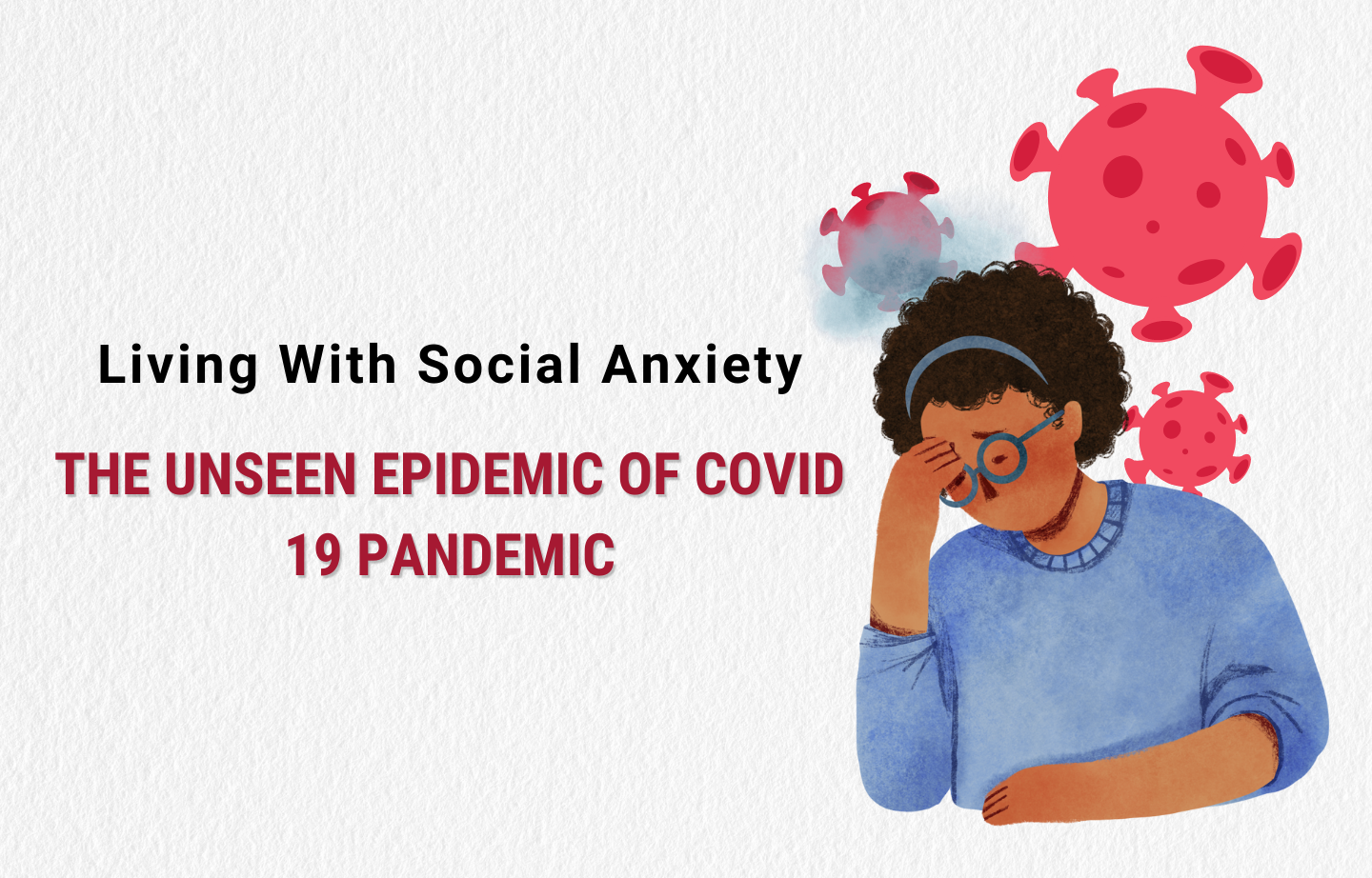

People with social anxiety fear being ridiculed, judged or negatively evaluated by others; therefore it leads to feelings of inadequacy, inferiority, self-consciousness, embarrassment, humiliation and anxiety when facing social situations like conducting a presentation, interacting in a social gathering or meeting someone new.
Various interesting points were brought forth during the first round table discussion session held on the 22nd of March. These include the fact that COVID-19 has increased the likelihood for those already facing symptoms of social anxiety, due to prolonged isolation during the lockdowns as well as the distance that had to be maintained in the wake of the COVID-19 pandemic. Even those who may not have felt any form of social anxiety prior to the pandemic would have found it hard to resocialize after the lockdown period. However, there were also different perspectives that participants brought out; for instance, the fact that all physical activities were shifted online meant that those who already faced a little discomfort in social situations could take slow steps to recovery. Such as, starting with speaking up during virtual meetings at the comfort of their homes irrelevant of how big the crowd may have been.
On the other hand, this sudden shift to online means may have also reinforced already existing anxious fears, wherein people may have become reluctant to unmute their mics and respond or speak up during virtual meetings which would not have been an option in normal physical situations. Moreover experiences such as becoming restless, speechless, fear of speaking or avoidance of interacting with strangers/new people post-pandemic lockdown; were discussed during the session as observed by the participants.
Lastly, participants suggested possible mechanisms as well as small steps to overcome feelings of social anxiety. For example; trying our best to focus on the present moment rather than thinking about what others may be thinking of us or being afraid of possible judgment by them; additionally making a conscious effort to analyze the thoughts and thought processes in our heads and see if they are rational and true, using journaling or just writing them down from time to time. Furthermore, trying our best and challenging ourselves to take the initiative or at least a small step by exposing ourselves to the feared situation, like going to public places, meeting a new person, speaking up during a virtual meeting, or even having a platform such as this round table discussion!. Finally, it was stated that if the symptoms of anxiety become very persistent, disproportionate, dysfunctional and long-lasting, we can call mental health helplines or consider going for Cognitive Behavioral Therapy (CBT) which is one of the most common therapy for social anxiety. CBT can also be done in a group and in combination with medications which would be more beneficial for those having a social anxiety disorder.
hana
Mar 28, 2022
0